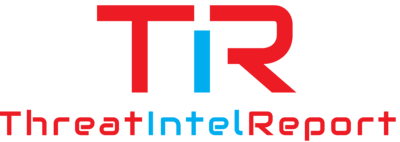Reports have emerged of an alleged data breach at Credit Suisse, potentially impacting sensitive data of nearly 19,000 employees in India. This incident marks yet another challenge for the bank, which has already been embroiled in multiple scandals and operational difficulties over recent years. According to available information, the breach may have occurred due to the actions of a former employee who had legitimate access to internal systems and downloaded sensitive personnel data onto a personal device before leaving the organisation.
Details of the Breach
The breach reportedly exposed personally identifiable information (PII) such as Social Security numbers, salary information, and contact details. This compromised data could facilitate identity theft and other forms of fraud. Although it remains unclear whether the information has been further disseminated or exploited, affected individuals have raised concerns about potential misuse.
Credit Suisse has since informed the affected individuals and offered them enrolment in identity theft protection services. This move is aimed at mitigating risks associated with the exposure of their personal data. The bank has also launched an investigation to understand the full extent of the incident and to assess whether any security lapses contributed to the breach.
Credit Suisse’s reputation has suffered significant damage due to repeated security incidents, including previous data leaks involving high-net-worth clients and mismanagement of KYC (Know Your Customer) procedures. Such breaches highlight an urgent need for financial institutions to enhance their internal security measures and compliance protocols to safeguard sensitive information and prevent unauthorised access or data exfiltration by employees.
In light of this incident, financial institutions should consider:
- Enhanced Monitoring: Implementing advanced monitoring systems to track unusual access and data transfer activities, particularly when employees with access to sensitive information exit the organisation.
- Data Access Controls: Enforcing stricter access control policies and auditing privileges periodically to ensure that only authorised personnel have access to critical data.
- Employee Awareness and Training: Regularly educating employees on data protection protocols and the legal implications of unauthorised data access and exfiltration.
- Third-Party Risk Management: Engaging with security firms to conduct periodic audits and vulnerability assessments to identify potential weaknesses within their IT infrastructure.
As this investigation continues, Credit Suisse may face further scrutiny from regulatory authorities, and the incident underscores the importance of proactive security and data protection strategies within the financial sector.
For more details, you can read about the incident on The Swiss Times and TechHQ which provide further context on this and similar data breach issues facing the financial industry.
Further Reading
- Credit Suisse’s Official Security Updates
- Recent Financial Data Breaches and Mitigation Tactics
- Enhancing Financial Sector Cybersecurity
